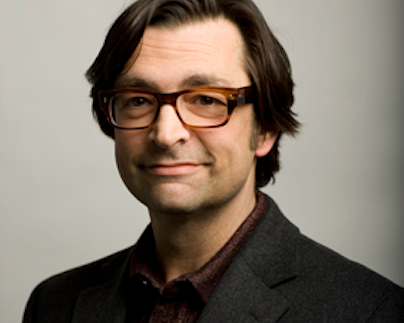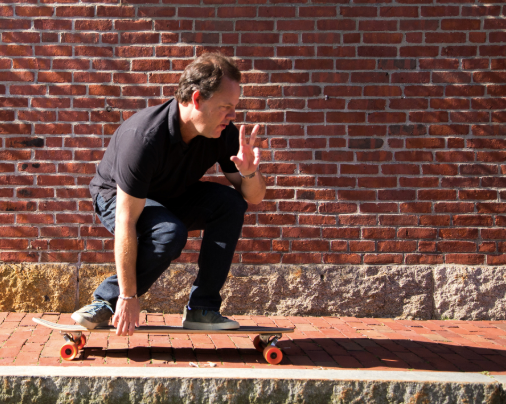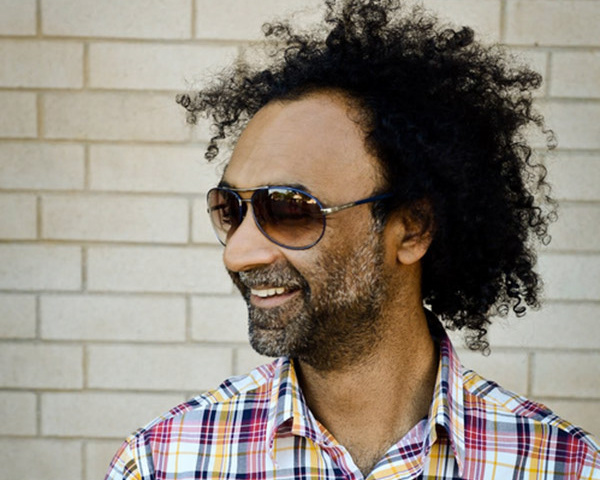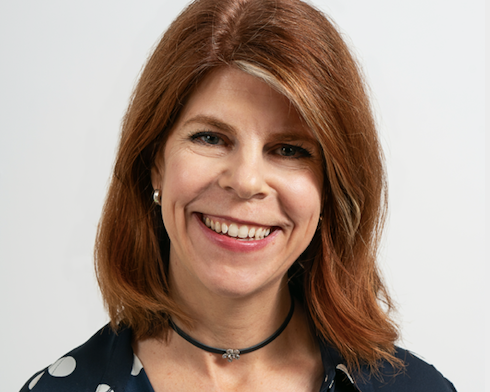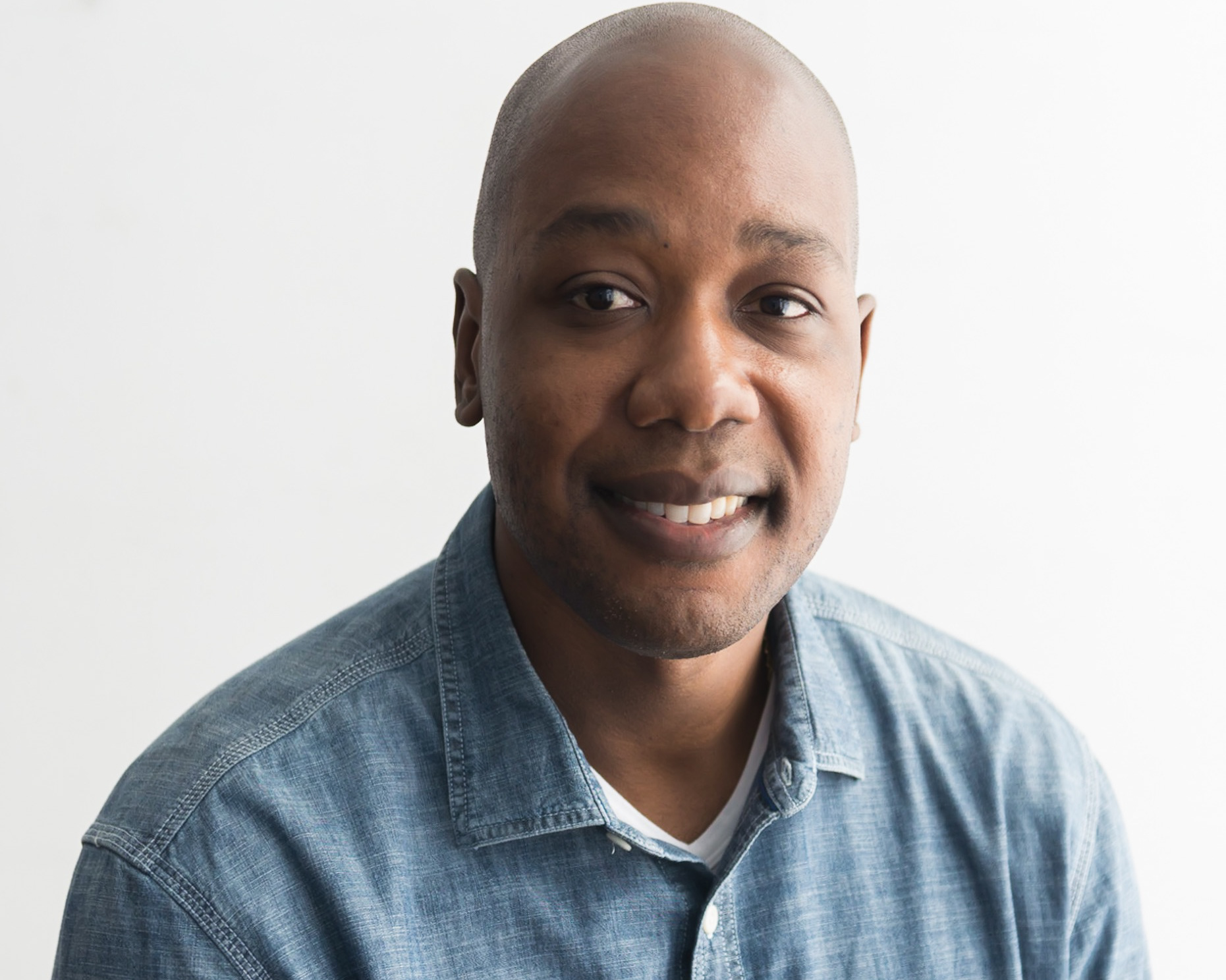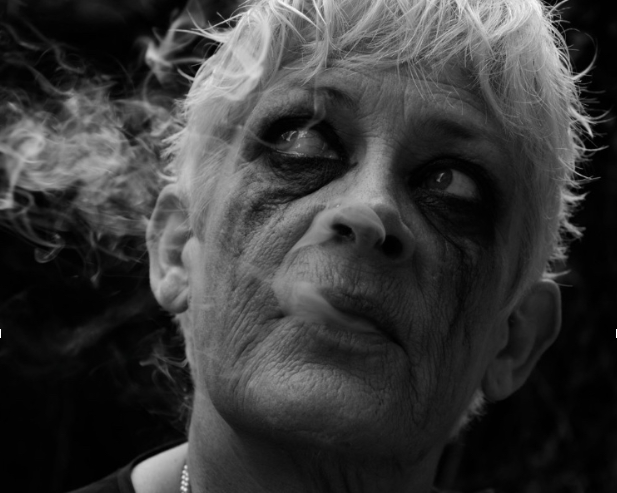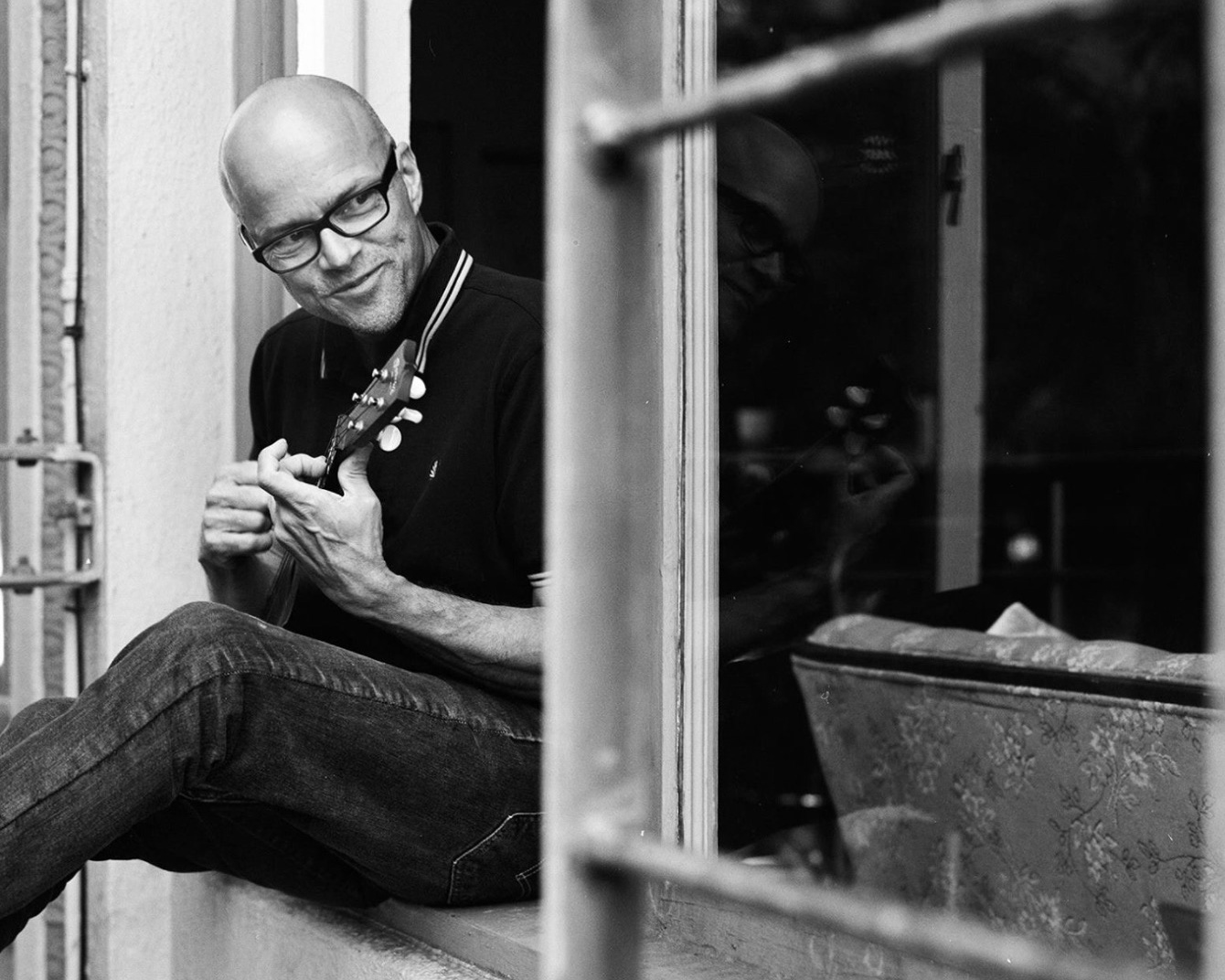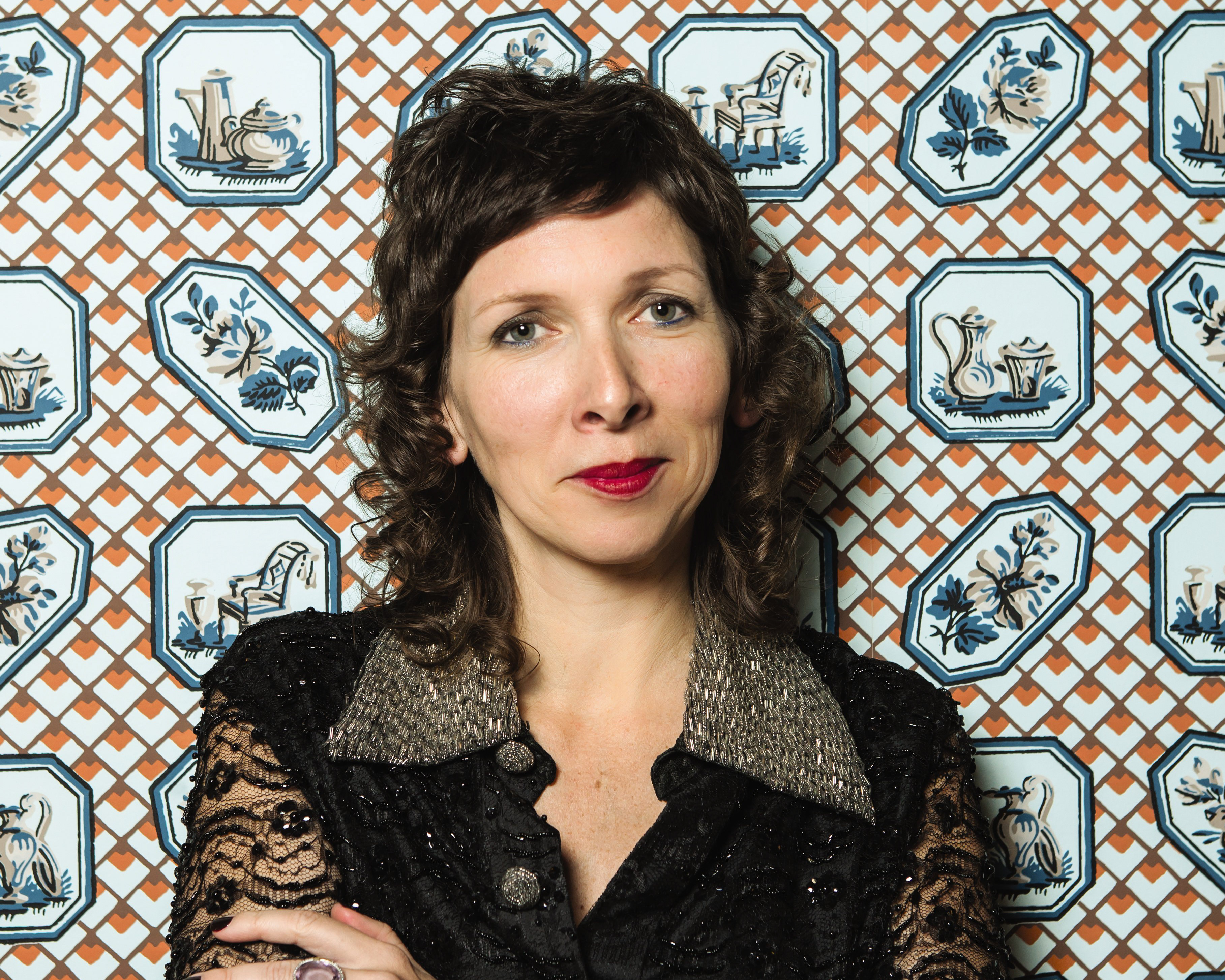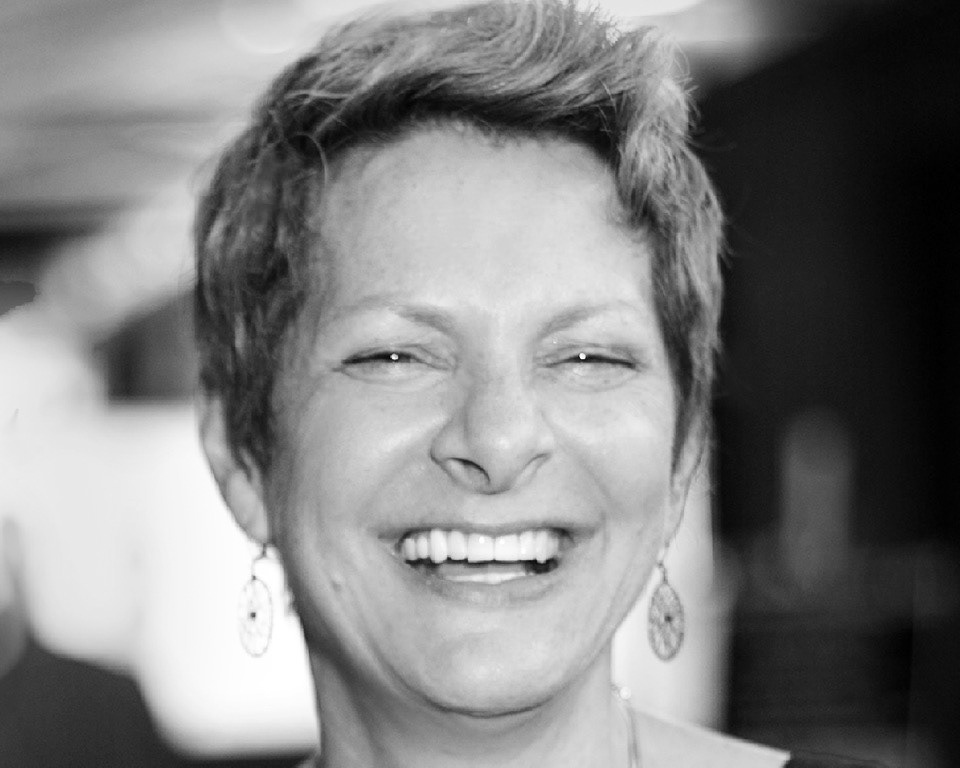If you’re questioning whether in-house is really a good move for an awards-hungry creative, we’d point you to Kevin for the “um, hell-yes” answer.
Kevin is the ECD at LinkedIn, where he’s currently building an internal agency and an iconic brand. And yes, curious readers, he is looking for a diverse group of talented creatives that fight every ‘ism.
Kevin got his start at an agency in Chicago you’ve never heard of, moved to San Francisco to another agency you’ve never heard of, then helped turn Venables, Bell & Partners into an agency lots of people have heard of. He honed his brand and management chops at Apple, which he can’t really talk about. He’s won most of the awards. He’s a certified ski instructor and in a signed band. (Seriously??!) When he’s not writing, skiing or jamming, Kevin likes spending time with his wife, his daughter and his pet poodle.
Hope you enjoy his brilliant ageism insights as much as we did.
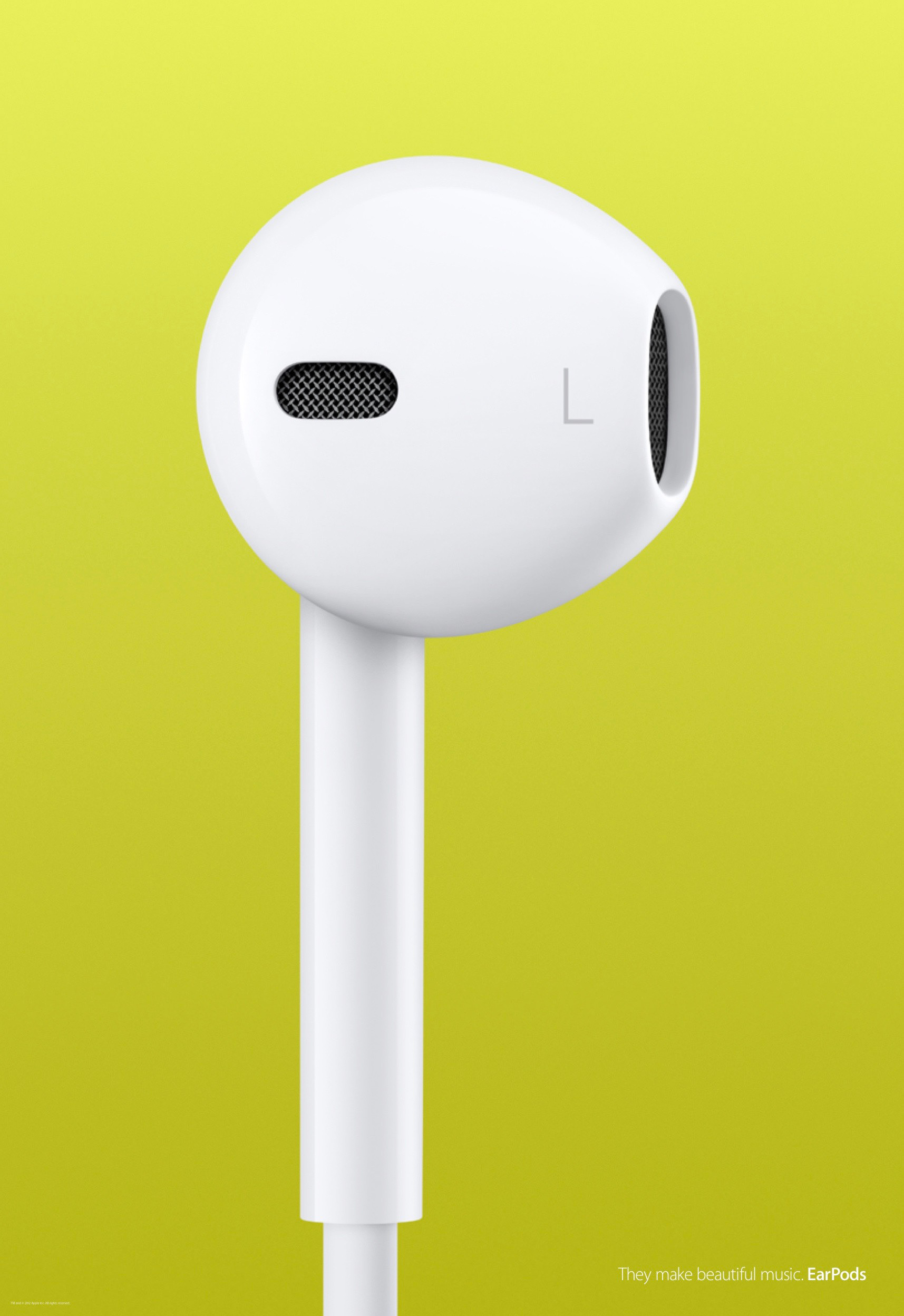
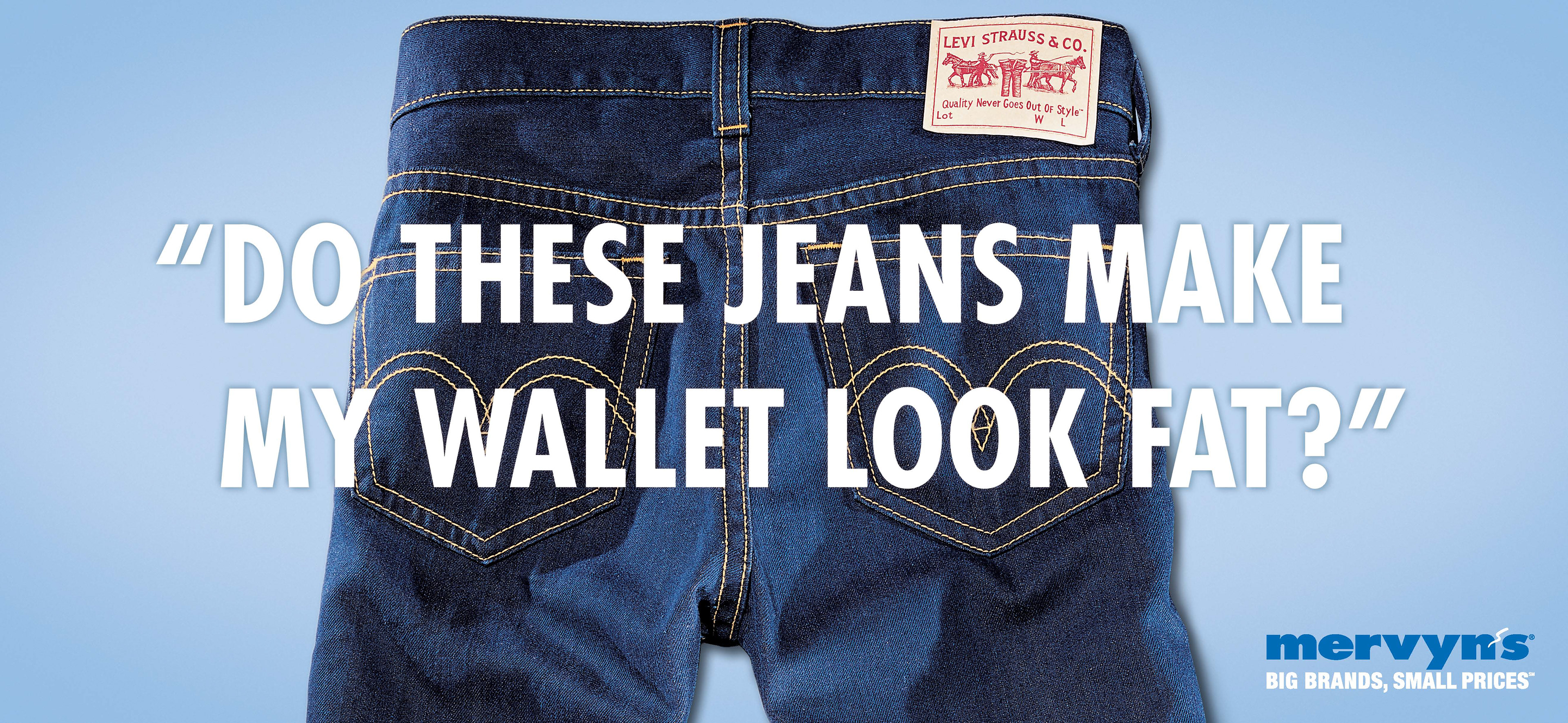
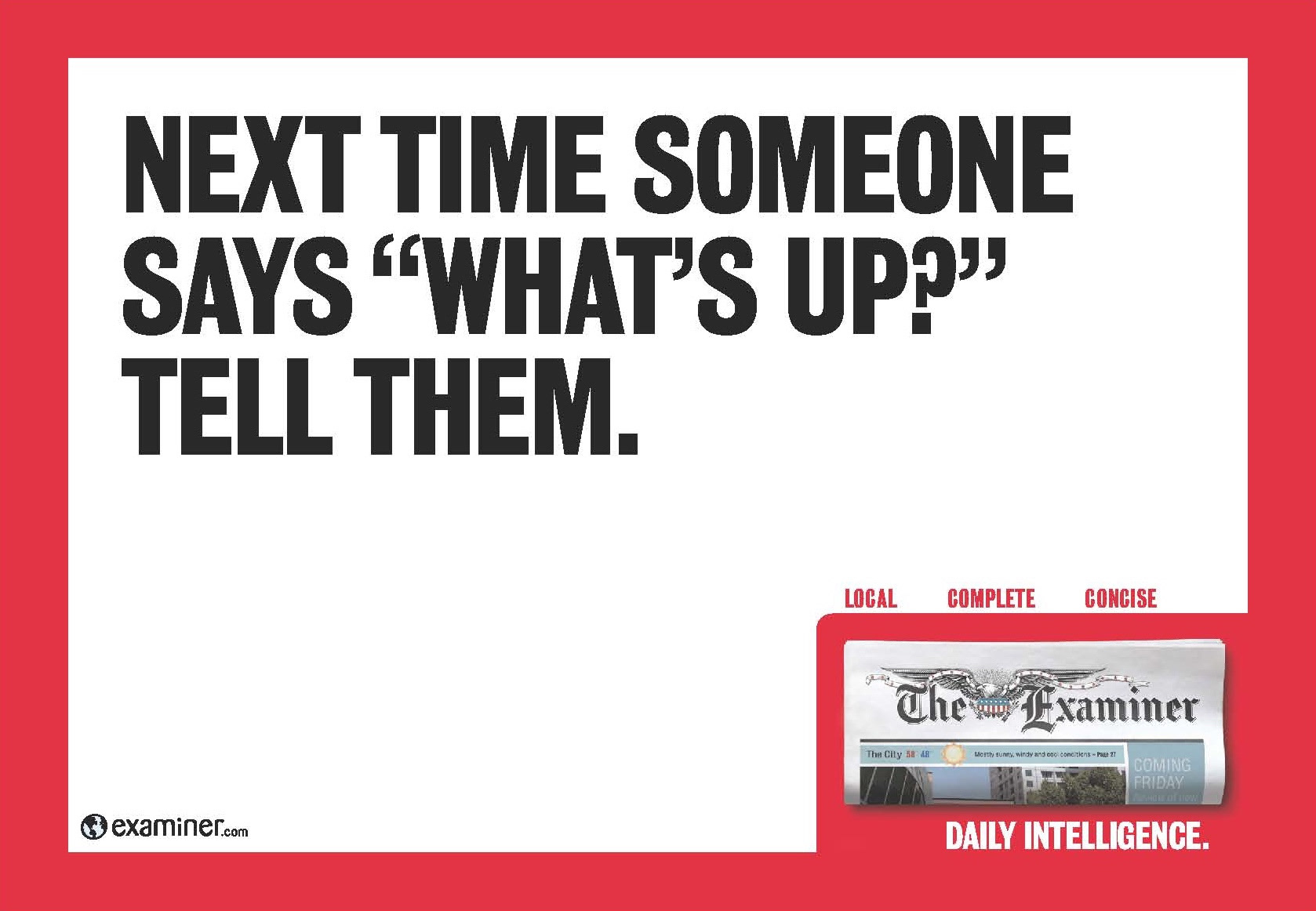
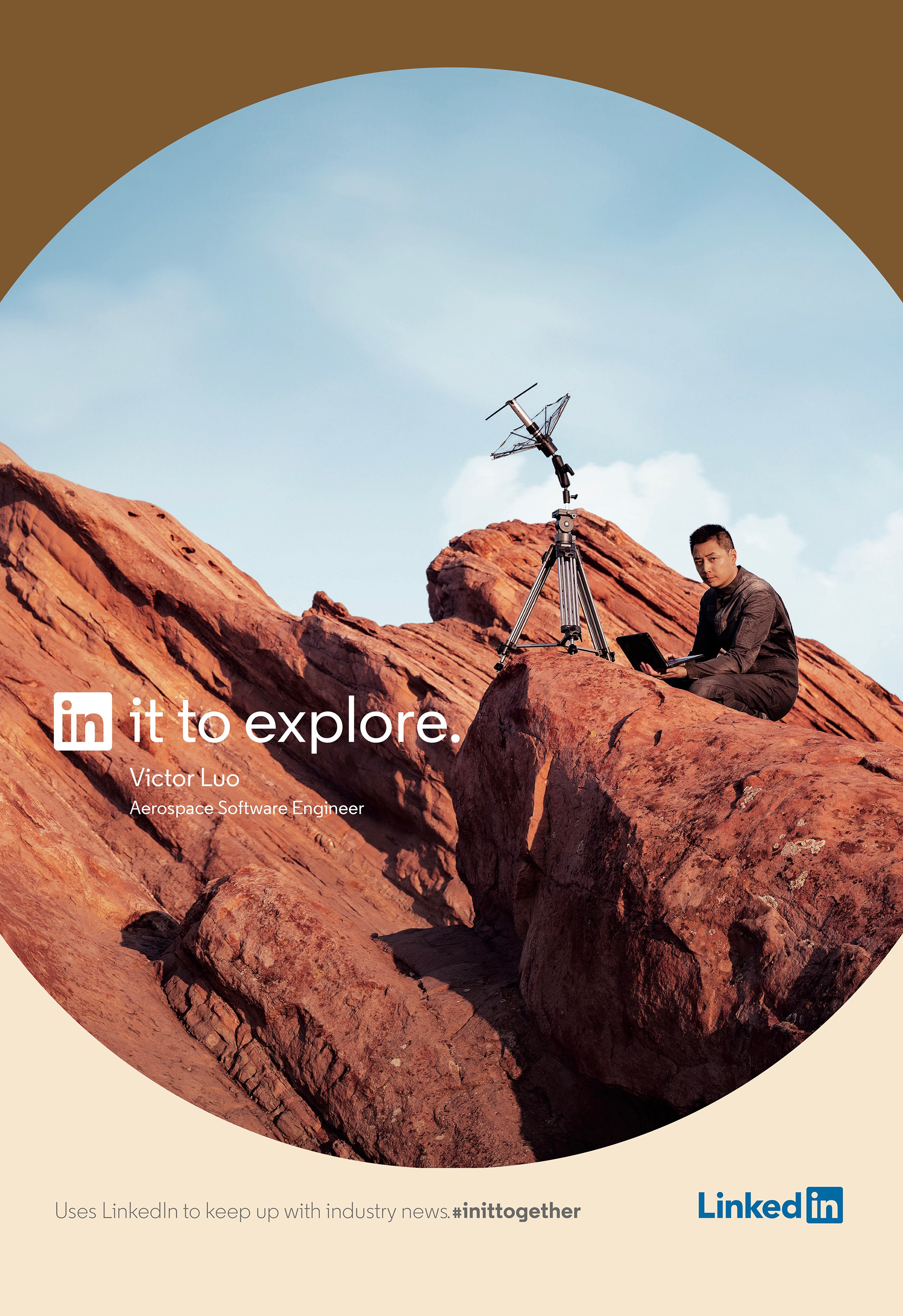
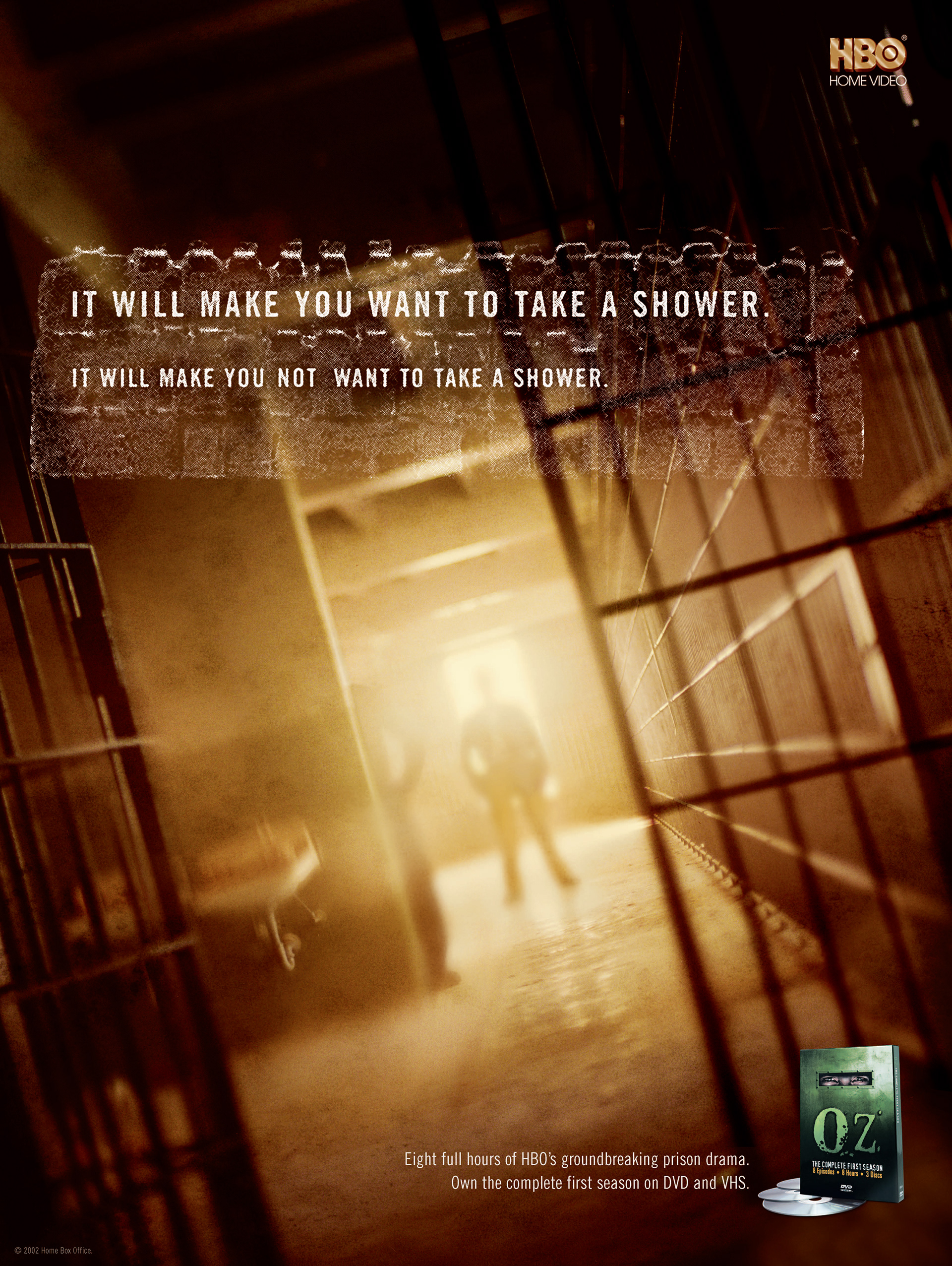
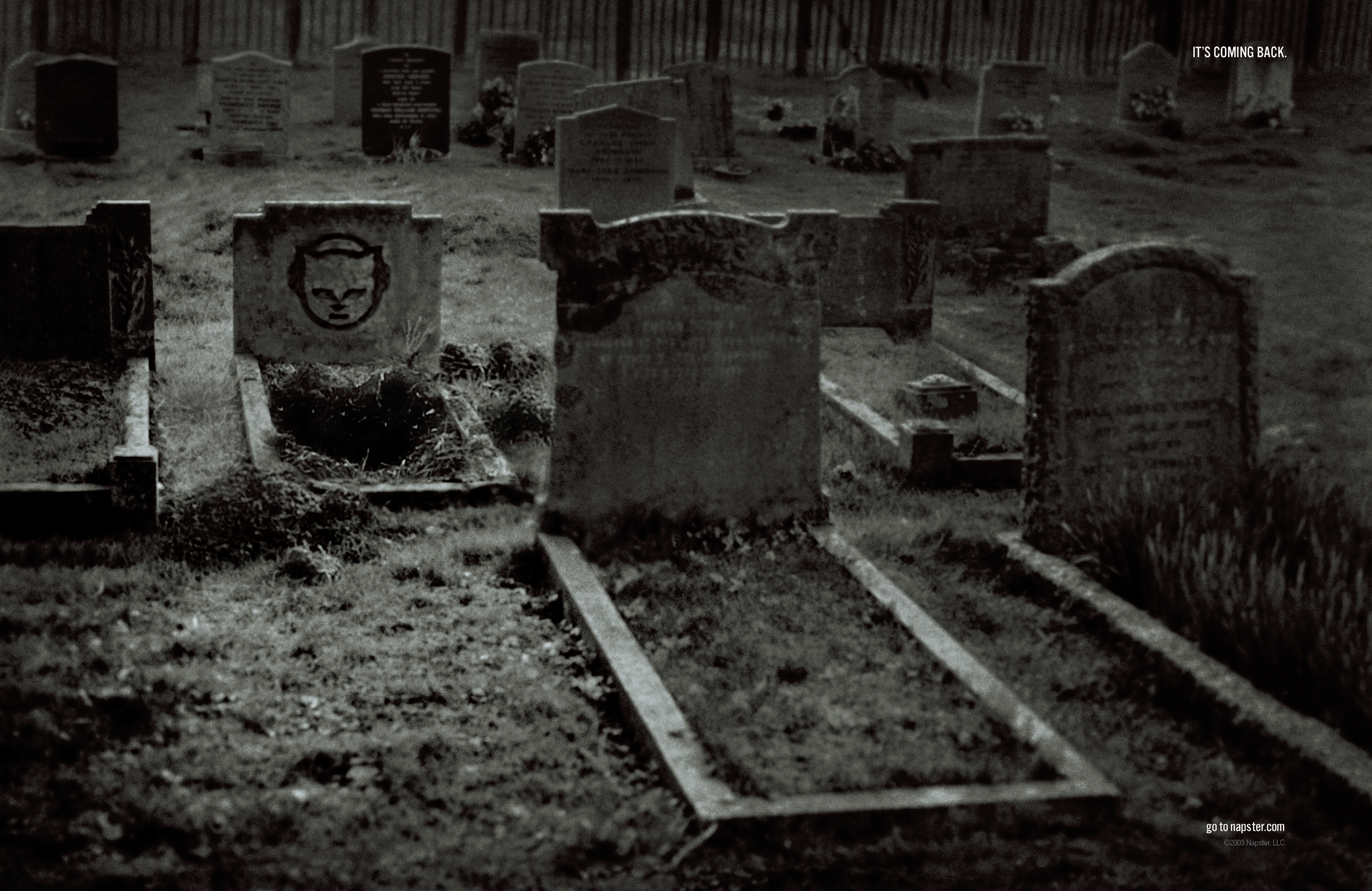
Is ageism in the industry something you thought about in your 30s? Your 40s?
I’ve spent my 40’s working at in-house agencies, in corporate environments where ageism is not tolerated. So yes, I’ve thought about ageism, but from the standpoint of reducing it. One way to do that is to make diversity integral to the culture and build diverse teams. When you have more perspectives in the room, you increase the understanding of each other, and you get more innovative solutions. Having older people in the mix is part of that diversity.
"We all need to be vigilant about prejudice in all its forms, even when it doesn’t directly affect us – especially when it doesn’t affect us – so that we can identify it and work together to eliminate it."
Is ageism something that’s affected you? What are some of the challenges you faced as a person who was getting older in the business? Do tell.
Ageism hasn’t affected me directly. But just because I haven’t been a target of ageism, or racism, or sexism, or any of the other -isms doesn’t mean they don’t affect lots of people, or that they won’t affect me down the road – it’s the classic “then they came for me” situation. We all need to be vigilant about prejudice in all its forms, even when it doesn’t directly affect us – especially when it doesn’t affect us – so that we can identify it and work together to eliminate it.
Tell us about your own creative journey. What are your thoughts on where you are now, compared to your mindset when you were in the beginning of your career?
Adaptability has been a recurring theme in my career. I never originally intended to be in advertising – I was pre-med in college. But after I graduated, I took some time off and got a job as a ski instructor. That helped me figure out I could get paid to do something I loved, which turned out to be copywriting.
After I finally broke into the business, I kept rolling with whatever it threw at me. I’ve worked in big agencies and small agencies, good agencies and not-quite-so-good agencies, full-time and freelance, analog and digital, agency-side and client-side.
But beyond any specific role, I’ve had to adapt my entire mindset as part of my creative journey. When I started out, I was totally focused on doing great work. While that sometimes worked out on the awards show circuit, it also sometimes got me into trouble on the relationship front. Now my mindset has totally shifted to building and maintaining great relationships first. I’m still passionate about doing great work, but I’ve learned that relationships are what enable you to make it even better.
Did the reality of the ad industry contribute to the decisions you made/the path you’ve taken?
Absolutely. Like just about everyone else who’s been in the industry for a while, I’ve been laid off when clients leave or bubbles burst or global economies tank. But it always led to unexpected opportunities. The first time it happened I’d been working at one of those not-quite-so-good agencies, and it lit a fire under my butt to break into a great creative shop. Venables Bell had just opened, and I wrote a crazy letter to Paul which got me hired as the first writer there. That was my first big break, and it opened a lot of new doors. Several years later it happened again, so I started freelancing. That taught me how to run my own business, and the value of building strong relationships with my clients. The last of those freelance jobs was for Apple, which turned into a full-time job at Apple, which turned into a full-on career pivot to working in-house.
"Creative direction is about explaining why something should be bigger or smaller or funnier or bluer. Management is about giving people the tools they need to be successful..."
What do you feel creative people over 50 can offer over someone 20 years their junior, things that are unappreciated, or just plain overlooked?
I feel like good management is under-appreciated (and often non-existent) in the industry.
There’s plenty of creative direction, but that’s different. Creative direction is about explaining why something should be bigger or smaller or funnier or bluer. Management is about giving people the tools they need to be successful, identifying blind spots that could get in the way of their success, and setting goals to keep them moving forward. The more that people know you’re looking out for them, the more productive and generally happier they’ll be. Being a great manager isn’t necessarily an age-specific skill, but the more experience I’ve gotten the better equipped I’ve been to give guidance to people who are less experienced.
What is your advice to people who are nearing or over 40 in the ad industry?
Set the example. If you’re always striving to make the work better, being a great mentor and leader, and building relationships with your colleagues and clients, you’ll continue to be valued by people who are younger than you (and everyone else).
I’ve seen senior industry people fall into the Phoning-It-In trap or the Hoarding-All-The-Good-Assignments trap or the Fall-Totally-Out-Of-Touch-With-Pop-Culture trap or the Do-What-I-Tell-You-Because-I’m-Older trap. If that’s the example you’re setting, then it follows that younger generations aren’t going to want to keep you around. And even worse, they could see that behavior as representative of all older people in the business, which feeds ageism.
"I’ve seen senior industry people fall into the Phoning-It-In trap or the Hoarding-All-The Good-Assignments trap or the Fall-Totally-Out Of-Touch-With-Pop-Culture trap or the Do-What-I-Tell-You-Because-I’m-Older trap."
How are you approaching the next 10 years? What does your future hold?
Professionally, I’m focused on how I’m going to keep evolving my current role and my team. I’m going to keep bringing in great people, and making sure they want to stick around a good long time. I’m looking at expanding the capabilities of my team in the US, and building out our presence globally. Personally, I want to spend time with my family, surf, work on my music, or some combination of all of those.
What do you see as potential solutions for ageism in the industry? Any thoughts on possibly unionizing?
I don’t think this is quite the right question. We should be looking for solutions to the lack of diversity in advertising, with age as one facet of that diversity. There’s no easy answer, or we would have solved this already. But some solutions include staying mindful of unconscious biases, and interviewing a diverse slate of candidates for every job. And participating in initiatives that support diversity in the industry like the 3% Conference and Free The Bid.
I’m probably one of the least qualified people to answer the unionizing question. But if you’re asking from the standpoint of unions making sure people can’t be fired, then no, I don’t think that’s a good solution. The industry already has so few jobs, and for advertising to become more diverse we need to make sure new people have opportunities to get in. As much as it’s important to have people who are older and more experienced, it’s just as important to keep bringing in young and hungry talent who have new perspectives and their fingers on the pulse of culture. And everyone in between.
What are some positive things you’ve experienced as you’ve grown older in the business?
I love that working in-house has become an acceptable, and even preferable alternative to working in an agency. When I started out, you worked in-house if you couldn’t cut it at an agency. But now so many great brands have great in-house agencies, and talented people are realizing they can have the best of both worlds.
Who do you look to for inspiration?
When I was trying to get my first job, I had a hard time getting people to look at my work or return my phone calls.* So I took a solemn oath that I would always talk to anyone who was trying to break into the business and wanted feedback on their work. And I still do that. Beyond making me feel good about myself for sticking to my promise, I enjoy looking at junior books, and hearing the challenges that younger people are going through. And I get really inspired by the hungry ones who are going to do whatever it takes to make it.
* It’s worth noting that Luke Sullivan is one of those people who took the time to give me detailed feedback.

